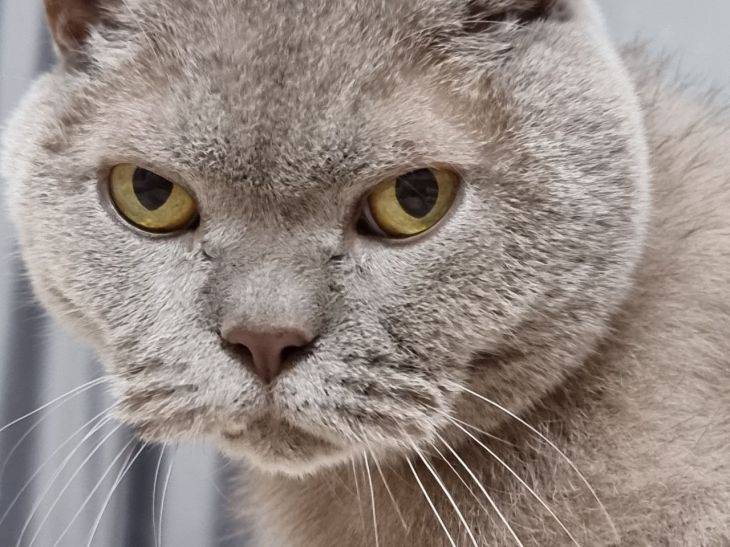Why Scottish cats are so angry: interesting facts
Many people note that Scottish cats are not affectionate and aggressive. What is this connected with?
Why are Scottish cats so angry
Often one can only guess about the reasons for a pet’s anger.
Most likely, this is due to the fact that Scottish cats really don’t like it when someone or something limits their freedom.
In general, all cats do not like confinement.
Many people believe that Scottish cats are aggressive by nature because this is how their genetics are designed.

They are simply predisposed to be more aggressive than other breeds.
Sitting on your hands is an extreme form of lack of freedom, especially if you are holding the cat, preventing it from jumping.
The cat will, of course, refuse this if it doesn’t want to or is unfamiliar with the person and is simply afraid.
Some cats take a long time to warm up to new people and trust them.
This applies to such non-verbal signs as affection, being nearby, sleeping together.
Aggression is used by cats to protect their territory, offspring, prey, and also for self-defense.
This is an integral part of most cat games.
What other features do Scottish cats have
Some breeds have an anatomical predisposition to tearing. These include Scottish cats.
The fact is that due to the structural features of the skull, the tear ducts in representatives of these breeds are shorter than usual.
Therefore, a cat of this breed needs special care and monitoring of eye health.
Previously, we talked about how dogs communicate with each other and with humans.


